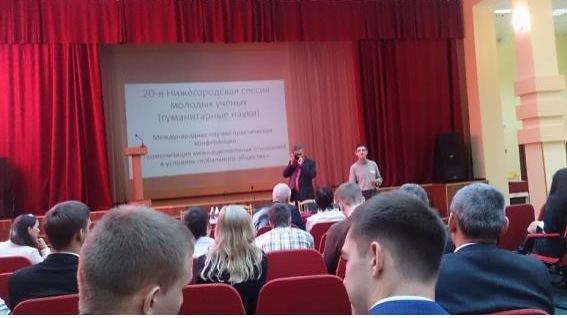The II International Scientific and Practical Conference “The harmonization of interethnic relations in a global society” was held on the basis of health camp “Morozovsky ” in Arzamas region on October 20-23.
Their experience of coexistence in difficult socio-economic and political conditions was shared out by representatives of Moldova, Kazakhstan, South-East of Ukraine, Azerbaijan, Kyrgyzstan, as well as Lithuania and China.
During the conference, they talked about the challenges that are currently faced by the international community and ways of inter-ethnic harmony. Panelists discussed the current geopolitical processes, multicultural interaction as well as the role of the media in international conflicts. Serious scientific dialogue raised the topics at the round table on “Lessons from the World Wars” and “The spiritual potential of Russian literature and national security issues.”
Given the extensive experience of the Republic of Tatarstan in the consolidation of the Tatar nation and its youth wing around the world, the event was attended by representatives of the World Congress of Tatars (WCT). The WCT lead reviewer Ilgiz Khaysarov presented an overview report on the development of Tatar youth, preservation of its national and religious backgrounds. Activities of the WCT, aimed at the development of the Tatar nation and Tatar youth in the preservation of national identity, attracted the interest of the organizers and participants of the forum.
Participants of the conference and sessions – eminent scientists of the Nizhny Novgorod region and their foreign counterparts, young researchers came to the same conclusion about the need to exercise caution in dealing with international conflicts, to consider their causes, sometimes rooted in the deep past, as well as to preserve the historical memory and national identity.

